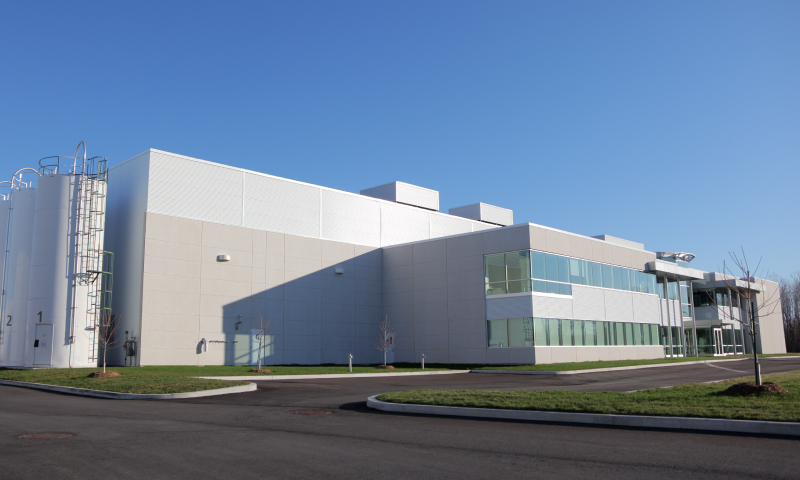02 November 2021
The resilience of UK manufacturing is evident in this month’s CIPS manufacturing PMI increasing for the first time in five months from 57.1 in September to 57.8 in October. Despite acute headwinds including supply chain disruption, material shortages, resource pressure, soaring energy cost and increasing input costs, manufacturers continue to keep production going.
Did the Autumn budget go far enough?
Business rates reform announced in the Autumn Budget, including a 12-month relief on business rate increases arising from premise investment and freezing the planned business rates multiplier in 2022-23, will be welcome news to the sector. But few parts of the manufacturing industry have seen bespoke support following the Autumn budget announcement. Specific support for the electrification of UK vehicles and their supply chains will be welcomed by many automotive manufacturers for example, but as we all know, our UK manufacturing industry is wide ranging and consists of a lot more than automotive manufacturers alone.
Despite more all-encompassing support for other large sectors, the Chancellor missed the opportunity to deliver support to tackle acute challenges facing many manufacturers, including the skills gap and fragility in the UK’s supply chain. In fact, for many manufacturers, future green initiatives, such as the plastic packaging tax, will apply a greater cost burden in 2022.
It is hoped that further support will be forthcoming to not only help manufacturers to recover post-Covid, but to shape a better infrastructure for industry to thrive.
Pugh’s view – Interest rate rises are on the horizon
The rise in the IHS/Markit Manufacturing PMI in October is welcome news and suggests that the economy has picked up momentum after what looks like a tough September. That said, the surge in energy prices and rising taxes will mean that consumers’ real disposable incomes won’t rise at all over the next year, which will weigh on economic growth.
The Monetary Policy committee has made it clear that it is now placing more weight on the risks from rising inflation than from the slowdown in economic growth and has strongly hinted that interest rates will rise in the coming months.
Today’s PMI reading will probably embolden the hawks on the committee who are calling for an immediate tightening in policy. However, the risk is that by tightening monetary policy too quickly, some of the temporary economic damage from the pandemic becomes permanent.









